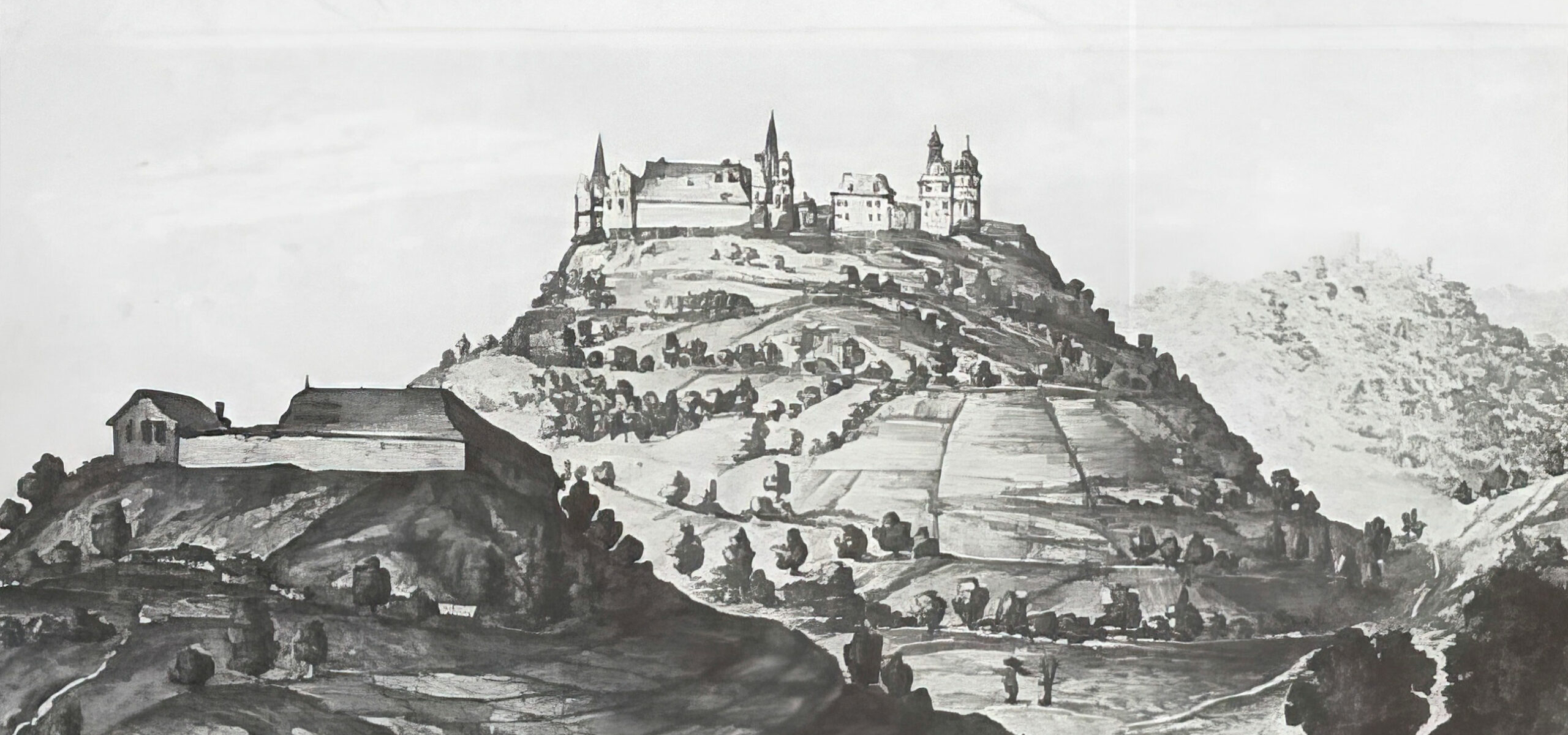
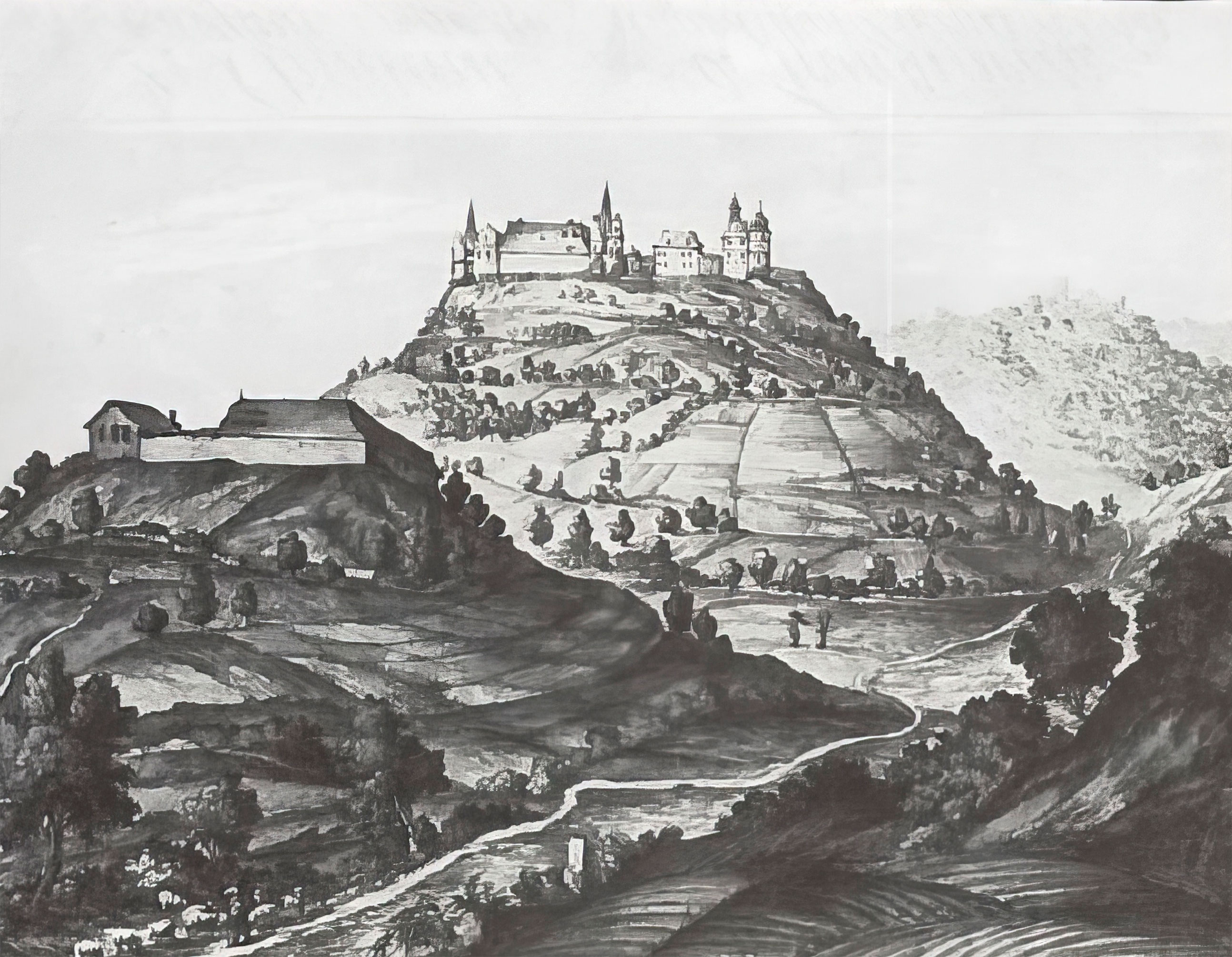

Burgrave Konrad I of Nuremberg from the House of Hohenzollern builds Vorderfrankenberg Castle
The von Hutten family acquires Schloss Frankenberg
Frankenberg manor becomes the property of the von Poellnitz family
The Lords of Lerchenfeld, who are part of the traditional Bavarian aristocracy, become the new owners of the castle
Roland Beltz acquires the castle and has ambitious plans. He dies just four years after the purchase
Prof. Dr. Dr. Peter Löw acquires Schloss Frankenberg as part of the European Heritage Project
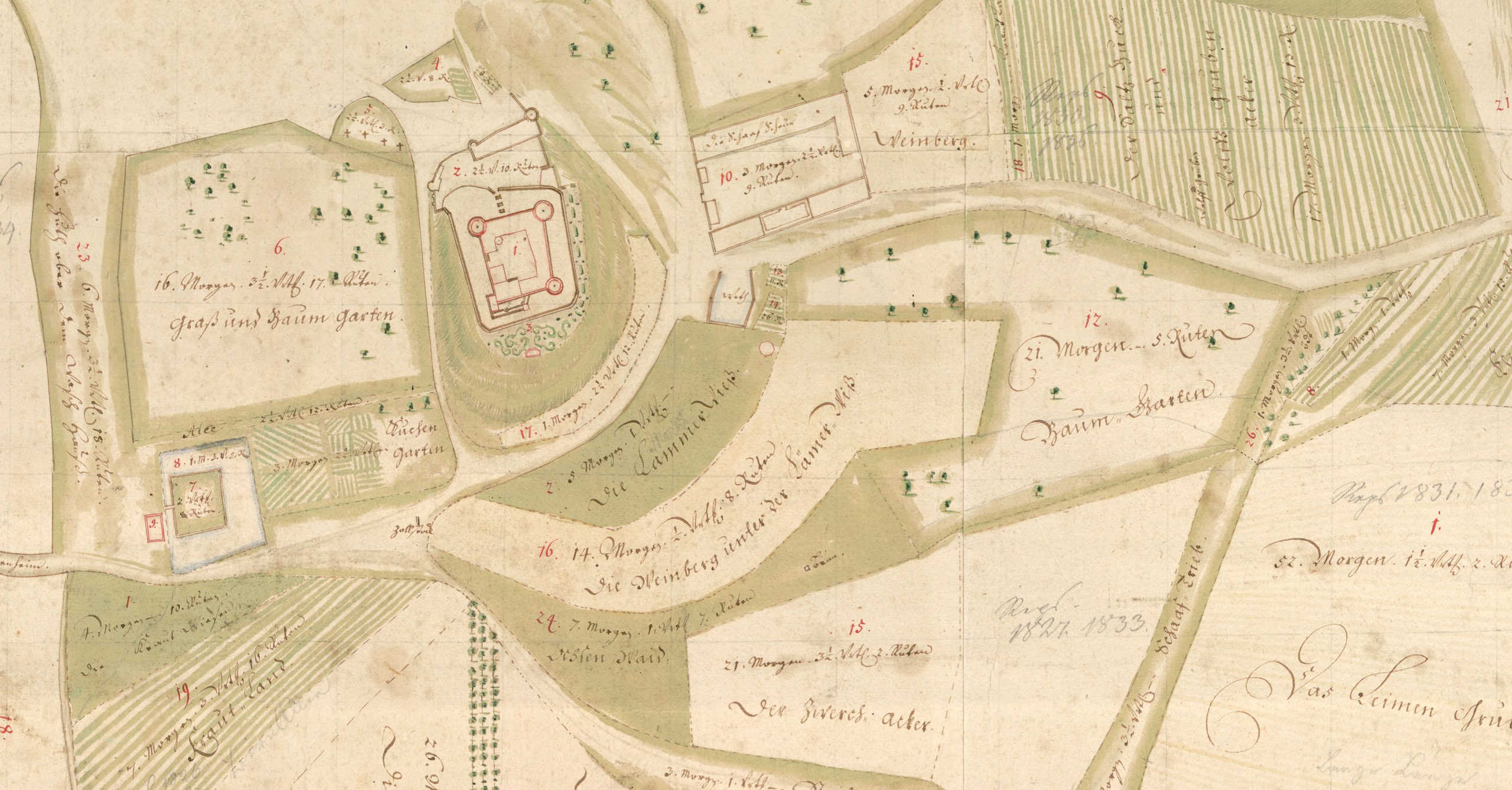
Prof Dr Dr Peter Löw, a lawyer and historian, is an extremely successful businessman. As an entrepreneur, he has already bought up and reorganized more than 200 struggling companies. But as an honorary professor of business ethics, he also knows that although money is important, it is not everything. In the best tradition of Anglo-American patronage, he has therefore founded the "European Heritage Project". A foundation that aims to identify and acquire historically unique properties and preserve them as identity-forming landmarks. The generous benefactor Prof Dr Dr Löw wants to give people access to the "beacons" of their ancestors once again. In this mission, too, he buys buildings in disrepair and restores it to new splendour and grandeur. Schloss Frankenberg is part of the European Heritage Project.
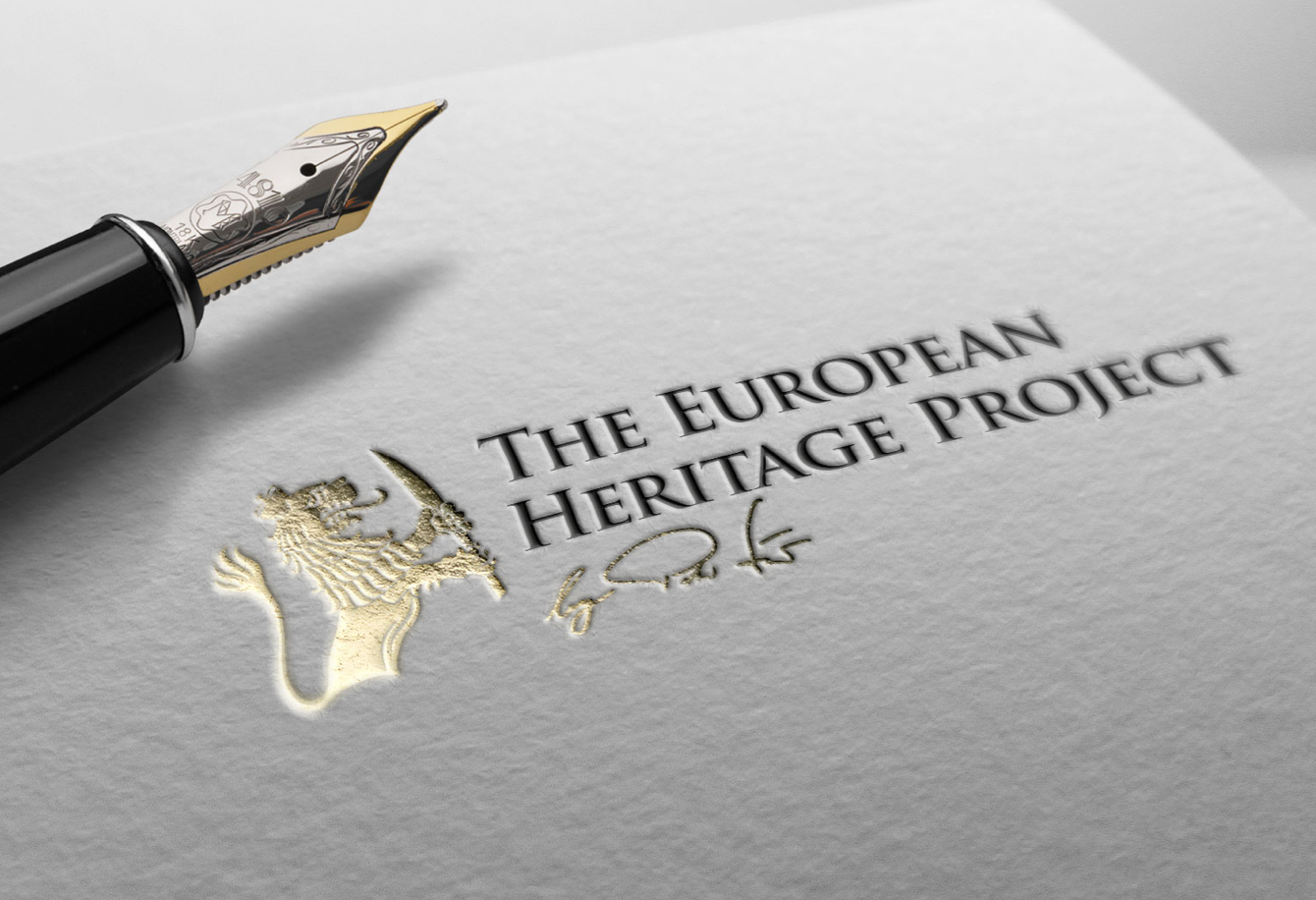
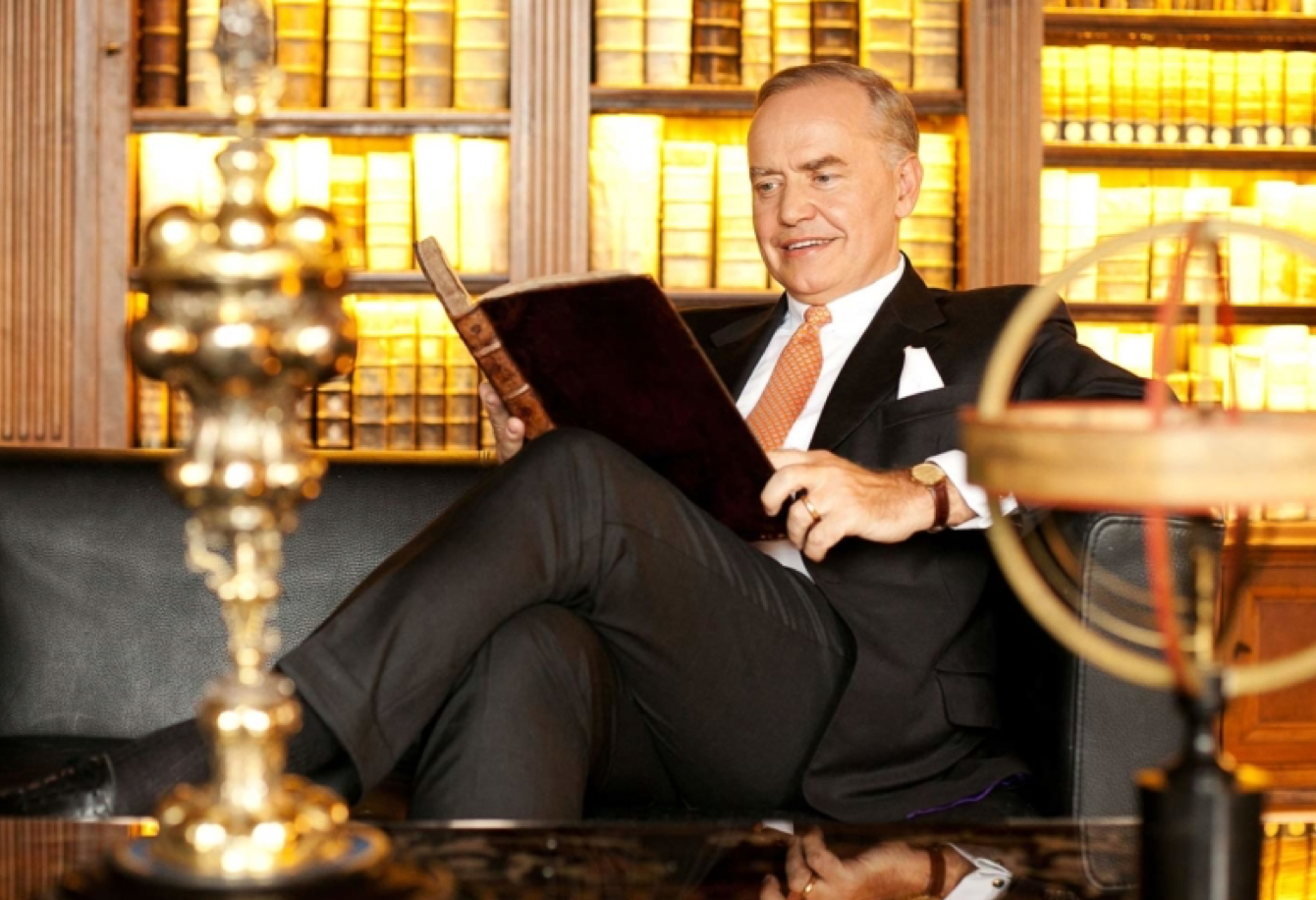
Almost 800 years of steadfastness, a castle complex, never conquered, in a landscape full of history and stories. The castle, the Vorburg, the manor house, the dairy and an area of 130 hectares of forests, fields, orchards and vineyards. Since 1254, Schloss Frankenberg has dominated, protected and shaped the region around the municipality of Weigenheim in the southern Steigerwald. Generations of Franconian knights have resided here on the 498-metre-high hill. Their virtues included loyalty, obedience, protection of the weak, respect for women, generosity and courage.
They needed it all, because the religious wars of the 16th and 17th centuries raged around the estate. The border separating Protestant and Catholic territory still runs right through the centre of Frankenberg's lands. It was the von Hutten family that lived in Frankenberg at the time of the Reformation Wars. Ulrich von Hutten, the most famous member of the noble family, was the latest to bring the spirit of the Reformation and the humanist ideals of the Renaissance to the castle. Ulrich was initially a poet, thinker, publisher and the first knight of the realm. Later, however, he made a name for himself as a passionate reformer, friend and ally of Martin Luther. It may well be that the phrase that still characterises Stanford University's coat of arms today came to his mind up here on the south rampart: "The air of freedom blows!
Ulrich von Hutten had opposed the Pope and the Emperor and thus contributed significantly to the religious divide. As a result, the von Huttens were expropriated for treason during the Counter-Reformation and Schloss Frankenberg was devastated. It took more than half a century to recover from the structural economic setbacks. In the 17th century, it was viticulture, among other things, that helped Schloss Frankenberg to regain its former greatness and grandeur. There was an increasing specialisation in high-quality grape varieties and a focus on improving quality. In 1736 and 1748, Muscat, Riesling and Burgundy were planted alongside red wine. The vineyards of Louisenberg, Wolfsgrube and Wallberg, which are still preserved today, were used for this purpose. Wines from Schloss Frankenberg were soon being supplied as far away as Hamburg. The estate once again exuded dominion, protection and power.
The rulers of Frankenberg had high jurisdiction until 1783. The well-preserved cellar vaults with cell wing and the torture instruments in the torture chamber still bear witness to this today. The "four high offences" were tried in the high court: Murder, robbery, arson and fornication. But the aldermen and counts also judged serious thefts, brawls, poaching and, above all, the frequent offences of indecency. Judgements were made at Schloss Frankenberg, and the life of the region was thus organised and regulated. However, the future of the castle itself was not settled. With the death of Johann Phillip Friedrich von Hutten, who had no descendants, ownership of the Frankenberg manor passed to the von Poellnitz family after protracted inheritance disputes, who, however, felt that owning such a large castle complex was too much of a burden. A gradual process of decay began that was to last until this century.
Courage? Freedom? Strength? The past! Schloss Frankenberg had lost its landmark function, its roots in the region. When people looked up, it was no longer with awe, but only with concern: "What will happen to our castle?". Not only its strong walls, but also Schloss Frankenberg's cultural and historical heritage had almost crumbled. In 2014, the European Heritage Project was able to acquire Schloss Frankenberg and its neighbouring estates. This legacy of European history and culture has now been returned to the region after years of painstaking and loving restoration work.